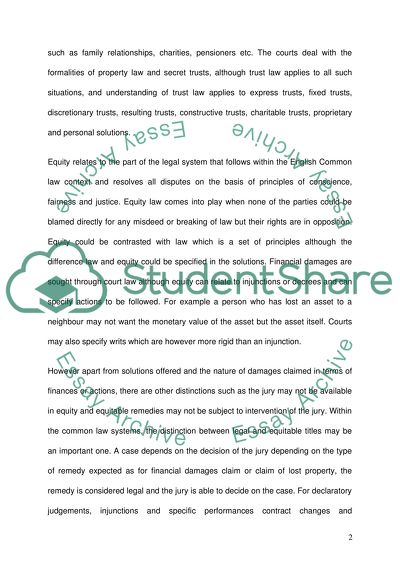Cite this document
(“Equity and Trust Law Essay Example | Topics and Well Written Essays - 2250 words”, n.d.)
Retrieved from https://studentshare.org/law/1506586-equity-and-trust-law
Retrieved from https://studentshare.org/law/1506586-equity-and-trust-law
(Equity and Trust Law Essay Example | Topics and Well Written Essays - 2250 Words)
https://studentshare.org/law/1506586-equity-and-trust-law.
https://studentshare.org/law/1506586-equity-and-trust-law.
“Equity and Trust Law Essay Example | Topics and Well Written Essays - 2250 Words”, n.d. https://studentshare.org/law/1506586-equity-and-trust-law.


